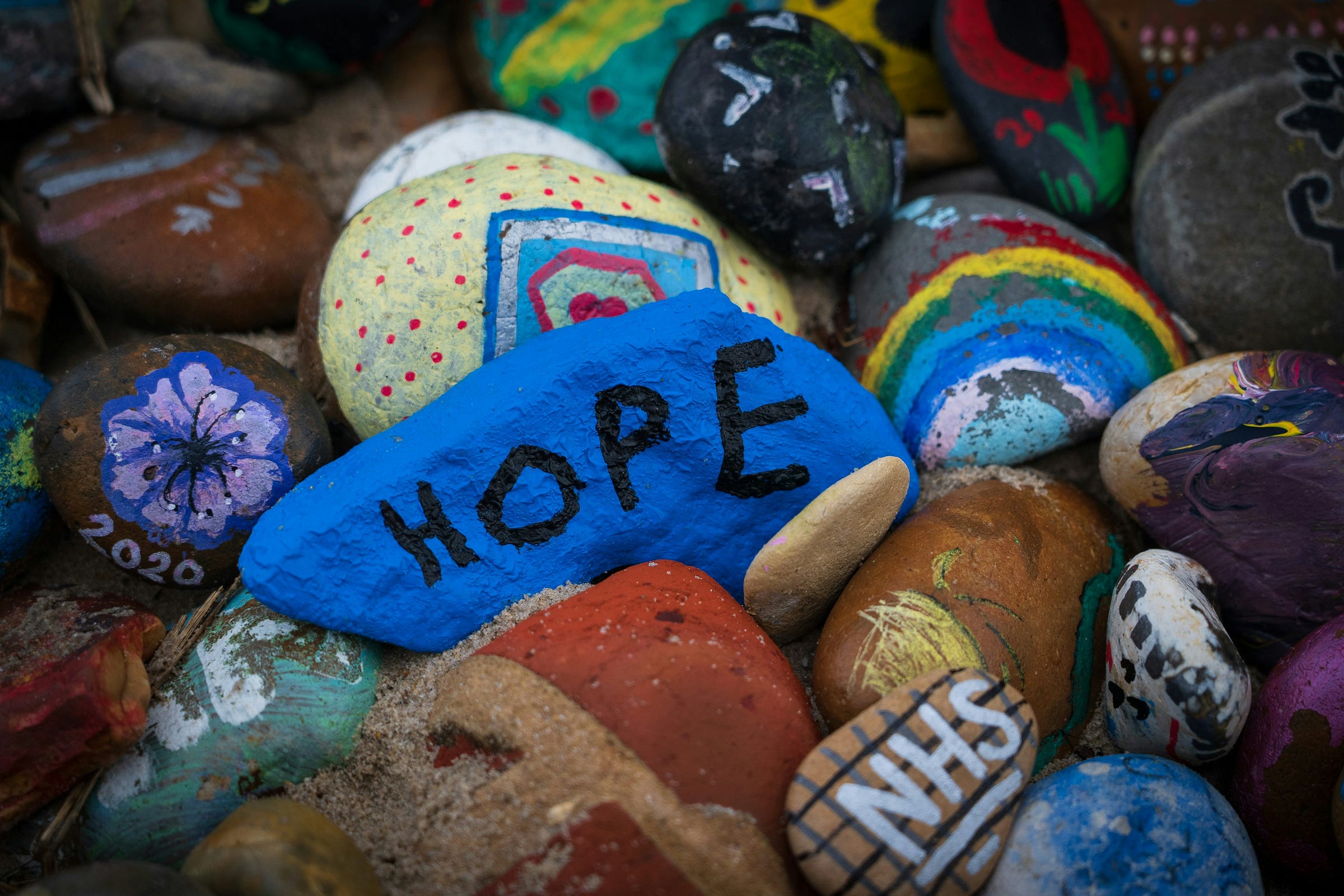
About the author: Ashwin Afrikanus Thyssen is a Junior Lecturer in the Department of Systematic Theology and Ecclesiology at Stellenbosch University, specializing in church history, church polity, and religion and law. His current research investigates the intersection of race, sexuality, and religion.
“Hope does not disappoint,” the Apostle Paul addresses the congregation in his letter to the Romans (Rom. 5:5). In May 2024, Pope Francis drew inspiration from the Apostle’s words by announcing the ordinary jubilee in the publication of the papal bull Spes Non Confundit.1 As we make our way through 2025, Christians worldwide will be inspired by the celebration of this jubilee—which invites us to be pilgrims of hope—and the 1700th anniversary of the First Council of Nicaea. This moment may thus invite the Christian faithful to celebration and contemplation, to consider thoughtfully the hope that inspires the church. In this brief reflection, attention will be afforded to Barth’s treatment of the Christian hope, or better stated, it considers the hope that informs the vita humana Christiana.
The present moment does not inspire a great deal of hope throughout the world. Alongside Allan Boesak, many ask what it means to believe in hope in this present moment. Reflecting on the content of Christian hope, Boesak raises the question: “Have we, like the politicians and the media, spoken too carelessly of hope?”2 The ongoing sociopolitical crises and continued ecological devastation invite us to more earnest reflections on hope resisting the temptation to succumb to triumphalism. Barth, of course, helpfully reminds us that hope—our looking backward and forward—constitutes the Christian life.3 This is affirmed in the Apostles’ Creed and Nicene Creed when the faithful confess their belief in the resurrection of the body and life everlasting.
Holding the Nicene Creed to be true, as many do, it is necessary to consider the core of the Christian hope. This hope is solely in and through Christ, or as Barth captures it: “As the Subject of the faith and love of the Christian, Jesus Christ is also the Subject of his hope.”4 The Christian, as one who hopes, is a witness to Christ— as such, to be a Christian entails a life calling. This means that the Christian is called to service. Barth considers this life calling as follows:
It is calling to a ministry of witness to the Word of God which is directed not only to himself or a few but to all men. It is calling to the ministry of the divine Word concerning the work which God has done not merely for himself or a few but for all men. It is calling to attest to Jesus Christ as the Saviour of the world who is also the great Prophet speaking to the world. It is calling to personal participation in the ministry of the Christian community sent into the world.5
As Christians whose hope is grounded in Christ, faith communities are charged to resist escapism and isolationism—ideas that are gaining traction in this historical moment. If, as Barth argues, Christ is the heart of our hope, then we—Christians and all people of good conscience work for societies where dignity is its lifeblood. As citizens, employees, intellectuals, and activists, we are called to witness and set out on this pilgrimage.
Considering Barth’s reflections on hope, one may question why these reflections were drawn into conversation here with the present jubilee of the Roman Catholic Church. In 1963, Barth considered the developments of the Second Vatican Council. He made two striking remarks in the World Council of Churches’ The Ecumenical Review. First, Barth reminded Christians that we are always learning from each other, especially those from different denominational traditions.6 Second, not only do we learn from each other, but “the way,” Barth writes, “to unity of the Church can only be the way of her renewal.”7
As churches reflect on their contemporary witness—through the work of their assemblies and their celebration of the Council of Nicaea—they are actively committing to the work of renewal, which also demands their repentance. For members of local churches, this is the hope of this moment, a hope we are called to witness. Christian hope is not centered on us but is rooted and sustained in Christ.
At this moment, with its attendant challenges, such a reading of Barth allows us to accept Pope Francis’s to become pilgrims of hope when he says:
Let us even now be drawn to this hope! Through our witness, may hope spread to all those who anxiously seek it . . . May the power of hope fill our days, as we await with confidence the coming of the Lord Jesus Christ.8
As pilgrims of this hope—which does not put us to shame—Barth also reminds us that this “hope is the seed of eternal life.”9 And so, anchored in this living hope, may we rediscover the profound meaning affirmed in the Nicene Creed with our faith ancestors; we readily “look forward to the resurrection of the dead, and to the life of the world to come.” As we approach the commemoration of the Paschal mystery in the coming weeks, may we confess these words, both looking back and forward as we continue the pilgrimage of hope.
Spes Non Confundit (2024), 1. Available: https://www.vatican.va/content/francesco/en/bulls/documents/20240509_spes-non-confundit_bolla-giubileo2025.html
Allan Boesak, Dare We Speak of Hope?: Searching for a Language of Life in Faith and Politics (Eerdmans, 2014), 13.
Karl Barth, Dogmatics in Outline: Study Edition (SCM Press, 1966), 153.
Karl Barth, Church Dogmatics, IV/3.2 (T&T Clark, 2009), 228.
Barth, Church Dogmatics, IV/3.2, 245.
Karl Barth, “Thoughts on the Second Vatican Council,” The Ecumenical Review 15, no. 4 (July 1963): 359.
Barth, “Thoughts on the Second Vatican Council,” 367.
Spes Non Confundit (2024) 25. Available: https://www.vatican.va/content/francesco/en/bulls/documents/20240509_spes-non-confundit_bolla-giubileo2025.html
Barth, Dogmatics in Outline, 155.





